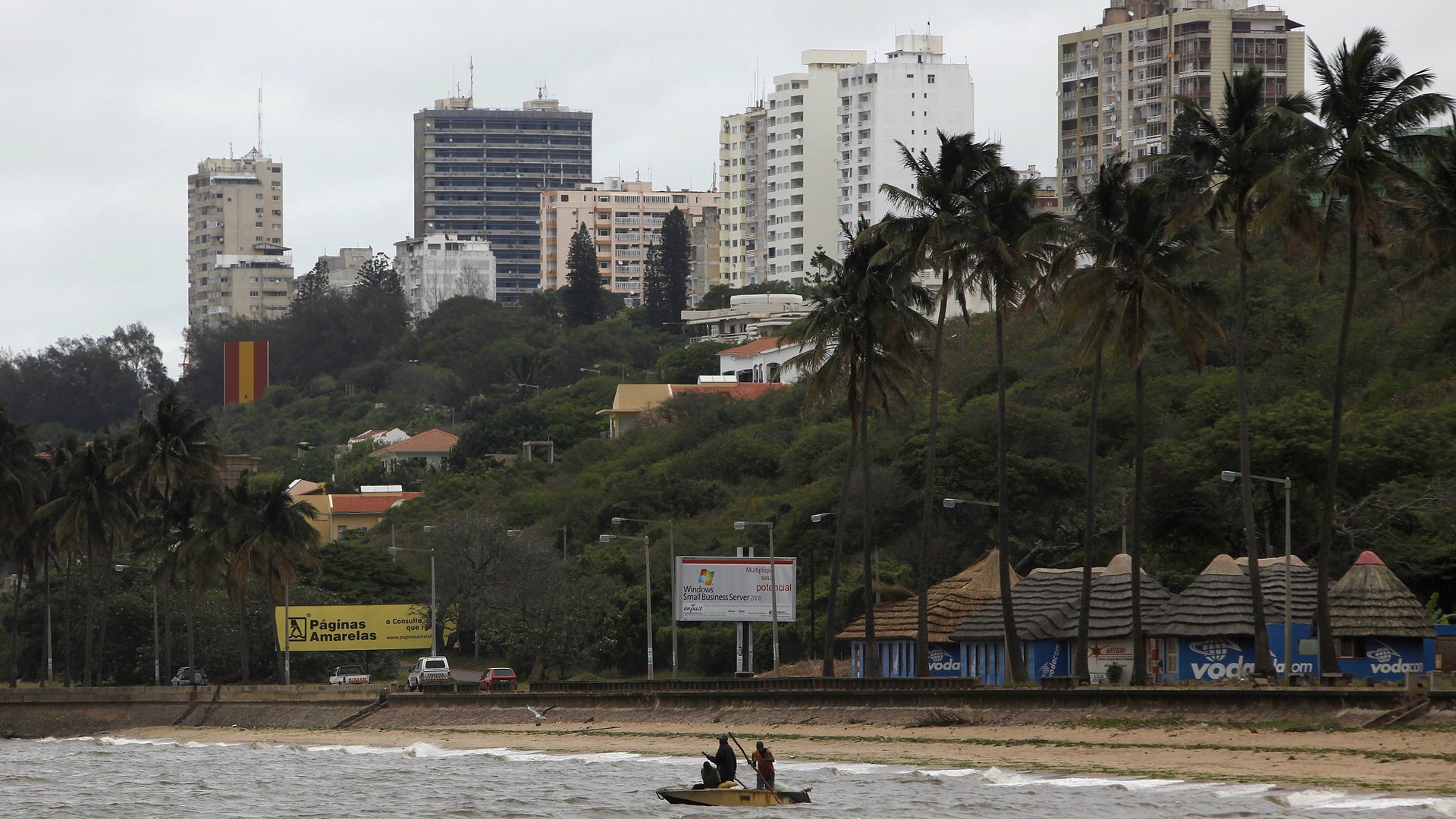Mozambique has suffered a brutal drop in its currency
Talk of the commodities slump hitting Africa is rampant right now, with the IMF having recently cut projections for the continent’s economic growth this year to 3.75%, down from an earlier forecast of 4.5%. Declining demand for the continent’s resources, from China especially, is also having an impact on the region’s currencies.


Talk of the commodities slump hitting Africa is rampant right now, with the IMF having recently cut projections for the continent’s economic growth this year to 3.75%, down from an earlier forecast of 4.5%. Declining demand for the continent’s resources, from China especially, is also having an impact on the region’s currencies.
One economy badly affected by the commodities and currency slump is Mozambique. Over the last few years, the east African nation has been one the fastest-growing economies in the region, driven by foreign investment in mining and energy. Its emerging oil and gas sector had some predicting that the country could challenge Australia and the US for the Asian gas market. But falling energy prices have drastically shifted that dynamic—and the country’s currency has been hit hard by the shift. After Zambia’s kwacha, the Mozambican metical has been the worst-performing African currency this year, losing 29% of its value against the US dollar.
Things have deteriorated so badly that the country has turned to the IMF for a $286 million emergency loan, Bloomberg reports. Despite an economic growth rate that is forecast by the IMF to stay above 6% this year and next, “external shock associated with the drop in commodity prices, lower growth in trading partners, and delays in investment associated with large natural resource projects” have put the country in a bind, the IMF said in an Oct. 29 statement. ”Excessively expansionary policies in 2014 (especially on the fiscal side) also contributed to the current difficulties the country is facing,” it noted.
The emergency aid package aims to deal with the country’s deficit and help stabilize the currency. The expectation is that if the gas sector takes off, growth still could average 8% from 2017 to 2020, the IMF said.
Nevertheless, there is an increasing realization that the continent can no longer count on the commodities boom of the past to drive its economies. Akinwumi Adesina, the new president of the African Development Bank, has said one of his key missions will be to help the continent transition through these volatile times and speed up the process of industrialization, which he believes will safeguard against future global shocks. ”Africa today is at the bottom of the value chain in many of the commodities it exports,” he told the Financial Times (paywall) in September.
With global demand in a slump, the continent has no choice “but to diversify its economies very fast,” he said.